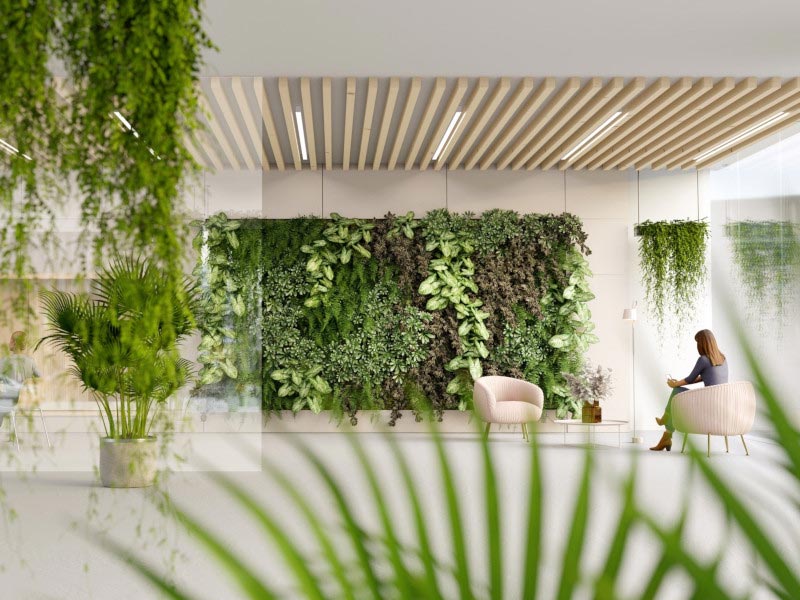Watch: JLL NZ’s webinar series episode 4 – Corporate occupiers in a post-COVID NZ
This episode focused in on what a post-COVID New Zealand workplace could look like
On Wednesday 20 May we held the fourth episode of our exclusive webinar series to answer your questions and provide some clarity in these uncertain times.
This episode provided an update on the current situation for occupiers across Asia Pacific, before focusing in on how the workplace is being reimagined, the challenges faced in New Zealand, and how they can be overcome.
Moderated by JLL New Zealand Head of Office Leasing, Graham Kristiffor, the panel featured a host of distinguished experts from across the region:
- Jeremy Sheldon, JLL Asia Pacific Head of Markets
- Michael Greene, JLL Australia Head of Tenant Representation
- Ihemba Mbamba, JLL New Zealand Director – Tenant Representation
There were a series of questions from our guests throughout the webinar – more than we had time to answer –so our panellists have taken the time to answer them below.
Where does co-working fit into a post-COVID world?
Jeremy Sheldon: We are seeing companies use co-working space to add to their flexibility, whether this means being closer to employees’ homes (reducing travel time) or to ensure they have a diversity of location for splitting offices for alternate weeks in the short term
Will we see more or less outsourcing?
Jeremy Sheldon: We have not witnessed a movement either positive or negative as yet. We anticipate that outsourcing will increase as we learn how to live with COVID-19. Companies will need to maximise investment and achieve cost savings as before – maybe even more so – and this can be achieved through outsourcing.
Do you see a reduction in future office space requirements with staff choosing to work from home?
Michael Greene: Yes, the crisis has demonstrated that working from home at least part of the time is a viable option for many businesses and employees, especially for concentrated work.
However it cannot replace the camaraderie, interaction and innovation of physically being with your colleagues. Organisations will leverage working from home harder to reduce space requirements, with the office primarily a collaboration space.
What are the opportunities for tenants in a post-COVID world?
Michael Greene: We expect a greater move towards flexible and agile working in general. There is a lot of talk about hub and spoke models with employees able to access office space closer to home to avoid public transport and long commutes.
The market will move in the tenants’ favour as less space is required and as we come out of an economic downturn, this is an opportunity to leverage more flexible lease terms to deal with uncertainty.
Do you see more global tenants considering expanding or relocating to NZ?
Ihemba Mbamba: The government’s response to Covid-19 and our comparatively swift return to work for most sectors will only strengthen New Zealand’s relative attractiveness as a place to do business. Adding ‘resilience during a global pandemic’ to the list of reasons why a multinational company would choose to expand their global footprint into NZ can only be a positive.
We expect New Zealand to continue to top the shortlists when MNCs are looking for a highly transparent investment market with a well-educated workforce, strong sustainability credentials and is a great place to live, as we have seen with the tech sector in recent years.
What your thoughts on lease terms post-COVID?
Ihemba Mbamba: Occupiers will demand more flexibility and we will see landlords meeting that where they can. It will be challenging to find many organisations willing to commit to large premises on long-term leases in times of such uncertainty.
After the GFC, traditional landlords may not have had as much competition for corporate occupiers as they do now from flexible office providers, and I expect that to play a part in them meeting the market as we collectively work through how the pandemic has changed the way we work.
We are holding our next webinar on Wednesday 3 June with a focus on the sustainability trends that are really adding value to tenants, landlords, and investors.



